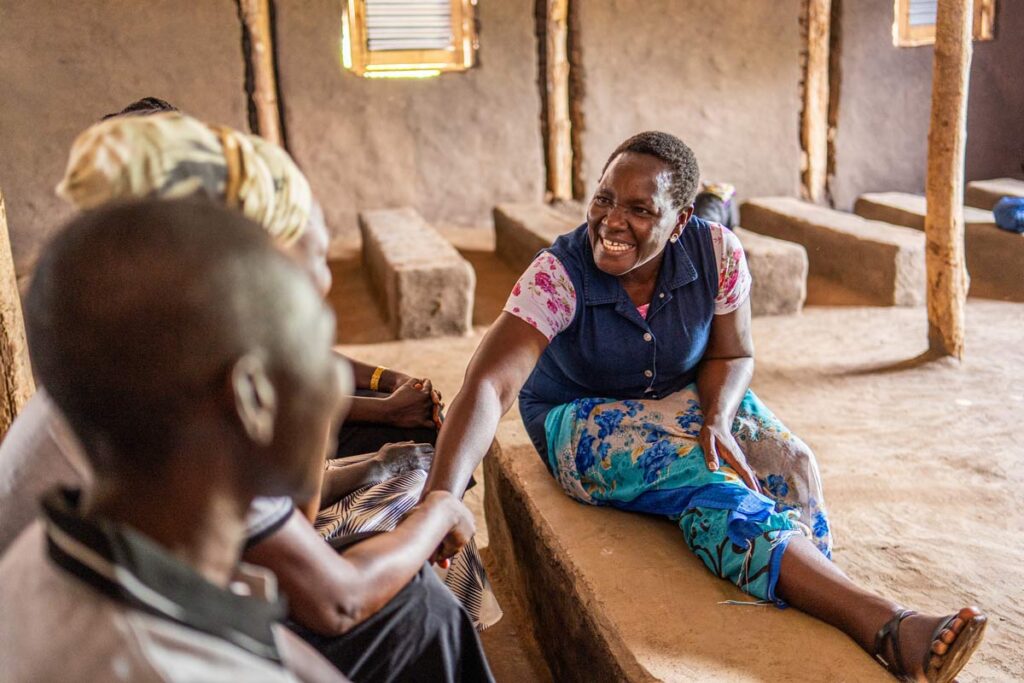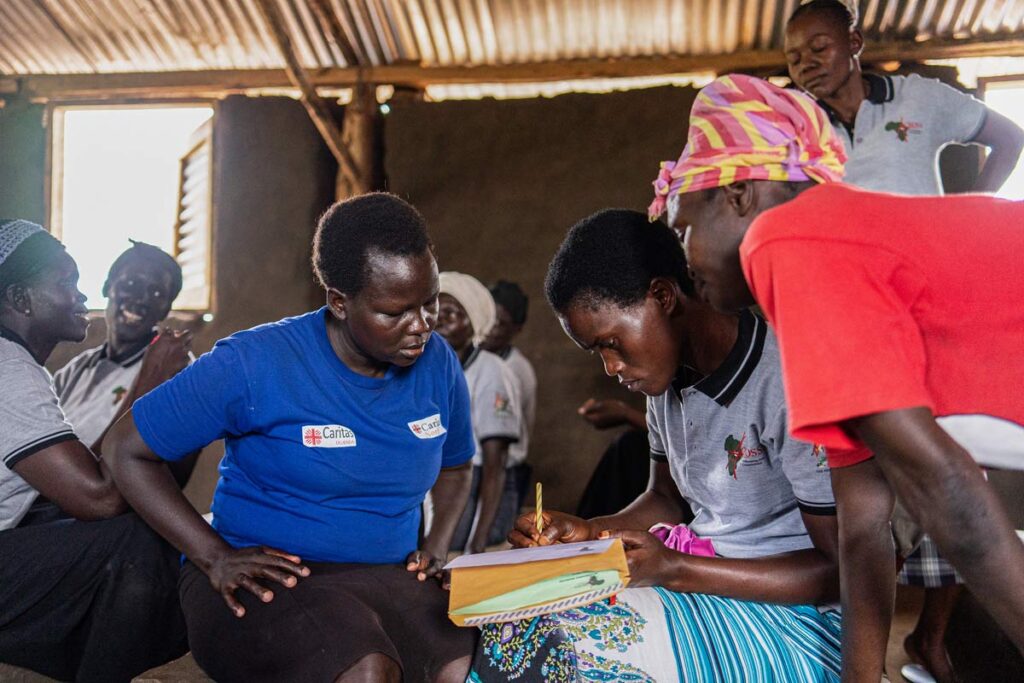Abunas – the 65th tribe?
A conversation about cultivating a new, transcendent tribe of peacemakers in South Sudan.
A new kind of leader is needed in conflict zones like South Sudan – and many of them – as we discover in this conversation…
With Joan Busolo and Naomi Rose Steinberg.
Naomi: Can you tell me where the idea for a tribe of Abunas came from?
Joan: We know that in many countries in Africa where there is much violent conflict, there are also high numbers of Christians and churches. We have been asking, why is it that forgiveness is not more in the vocabulary? Or peace? Where are we in these contexts?
We held a gathering of Christian leaders in Wau, South Sudan, to consider the continuing armed conflict there. There has been very bad fighting, many people killed or displaced.
“This is an individual who fosters peace and provides visionary and servant leadership…. An Abuna finds their identity in faith, not tribe.”
We discussed how, clearly, there was a gap in understanding and practice in what it means to be a disciple of Jesus amid violent conflict. Recognising this gap was the beginning of the idea of making and multiplying Abunas.
Naomi: What is an Abuna?
Joan: Abuna is an Arabic word [that we are using] to refer to a pastor or leader who is recognised for good character, care for the congregation, and exemplary faith and integrity. This is an individual who fosters peace and provides visionary and servant leadership to their household, community, society and nation.

An Abuna finds their identity in faith, not tribe. So, it became a rallying cry for the kind of disciple that we seek to have in South Sudan. There are 64 tribes in South Sudan. We want to see a 65th – a tribe of Abunas.
Naomi: How can this happen?
Joan: It is not an overnight journey. At the meeting, with many denominations represented, we kept returning to the question: why is fighting continuing?
Some reasons included disputes over land or cattle. Digging deeper, you realise the prevailing mentality is: “We are the people being wronged; we are the people who need the cattle, we are the people who to whom the land belongs – the others are undeserving.” But why aren’t they deserving? Because each side doesn’t see the other as human, as worthy.
Naomi, people have been so hurt, they cease to feel. They can only see their own pain; they need to be continually re-sensitised.
Abunas have hearts of flesh. To see the pain of others. And empathise.
Since that first meeting, my colleague Karobia has returned to the area to continue the conversation. He said people are realising that there is enough for everyone – you don’t need to be killing. To me this is a very strong message. If we separate ourselves from greed and selfishness, we can be sustained.
Karobia also mentioned there was real forgiveness happening: people from different communities apologising, embracing, agreeing that they must get past this kind of living. And continue to raise up Abunas.
It is a journey, and that is why CMS, CMS-Africa and our partners find this so crucial. We have to journey with them. We have to help them face the atrocities and prayerfully, we expect then we will begin to see the Abunas, this new tribe.
Naomi: Is an Abuna always a leader, or should we all be Abunas?
Joan: In whatever context you find yourself, you can be an Abuna. We are talking about a movement that is borderless, a lifestyle that can cut across South Sudan. It’s the answer to the atrocities. It is the answer to the pain people are experiencing.

Naomi: Can I ask how?
Joan: The Bible says when we do not have God in us, we have hearts of stone. And when we accept Christ and we know who we are in him, then we have hearts of flesh. Abunas have hearts of flesh. To see the pain of others. And empathise. Abunas are willing to resolve issues with love.
Naomi: Is one of the issues about finding one’s true identity in Jesus, not a tribe?
Joan: Yes, we’re talking about walking in the pattern of Jesus. Jesus was able to sit with the Samaritan woman and not judge her. Jesus went to Zacchaeus’s house, though he was a tax collector. Jesus forgave Peter even when Peter denied him. When I am able to see you as beautifully and fearfully made by God, here for a purpose, a complement to the person that I am and not the opposite… that’s what we are looking at here.
Naomi: Would people actually say something like, “I refuse to commit violence because I am an Abuna”?
Joan: People will return home from our discipleship training, to their churches or youth groups and we expect they will talk about what is shared and why it’s transformational. And they will say they are Abunas and people will watch them to see if they are driving peace.
And hopefully they will see something they want to emulate. This is how the light will be shared.
Naomi: It seems to me that people must be able to look to the church and find a visibly different community of peace?
Joan: 100 per cent yes. It truly takes the Spirit of God and prayer plays a crucial part. To think that a person can kill a whole village, kill everyone in the most brutal way possible… and walk away as if nothing happened…. It takes a miracle for them to turn around. For me this really brings forth why we are saying it is with Jesus that we are going to these edges – it is in vain if you dare go alone.